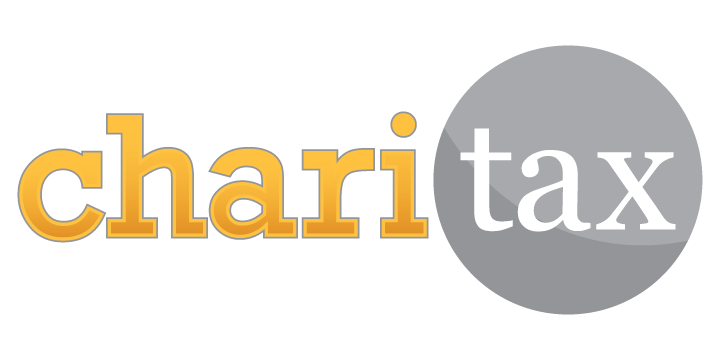How do extensions work?
Why file an extension?
The IRS will grant you 6 additional months to file your taxes - so more time for you to file with no downside. If you don’t have your tax documents gathered or your bookkeeping ready before our deadline for on-time tax prep, we can file an extension for you. Extensions are common and free to file.
What is an extension?
An extension grants you 6 additional months to file your tax return. So for a personal tax return, that gives you until October rather than April. (For partnership and corporate business returns, you have until September rather than March.) It is more time to file but not more time to pay. So if you expect to owe, you should send in an extension payment. See below for more info on that.
What info do you need to file my extension?
We just need your basic info to file the extension (name, address, tax ID numbers). For most returning clients, we have all the info on file already. Let us know if you have an updated address.
Does filing an extension cost me anything?
We can file the extension for you for free. A reminder that it is more time to file but not more time to pay so if you expect to owe, you should send in an extension payment. The extension payment is just for any taxes due - not a payment you’re making in order to file the extension.
How do I make an extension payment?
You can make an extension payment on the IRS’s website (https://www.irs.gov/payments/pay-personal-taxes-from-your-bank-account). Click Make a Payment. Select Extension as the reason for payment.
How do I estimate what my extension payment should be?
If you generally receive a refund and your tax situation has not changed, an extension payment might not be necessary. If you generally owe and/or own a business and don’t think any estimated payments you made throughout the year will cover your tax due, we generally recommend 20-25% of your business profit (income after expenses) for the year minus any estimated payments you’ve made if applicable. There is no risk in overpaying because you’ll get the overpayment back as a refund when we file your taxes. The risk in underpayment is paying interest on the balance due when you file.


